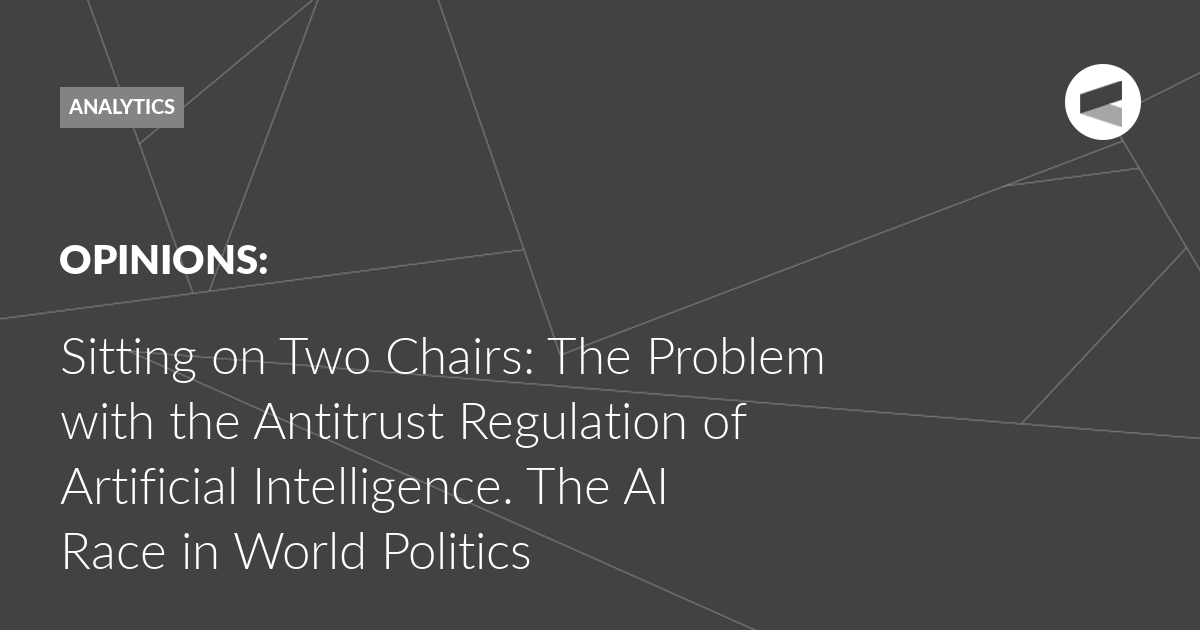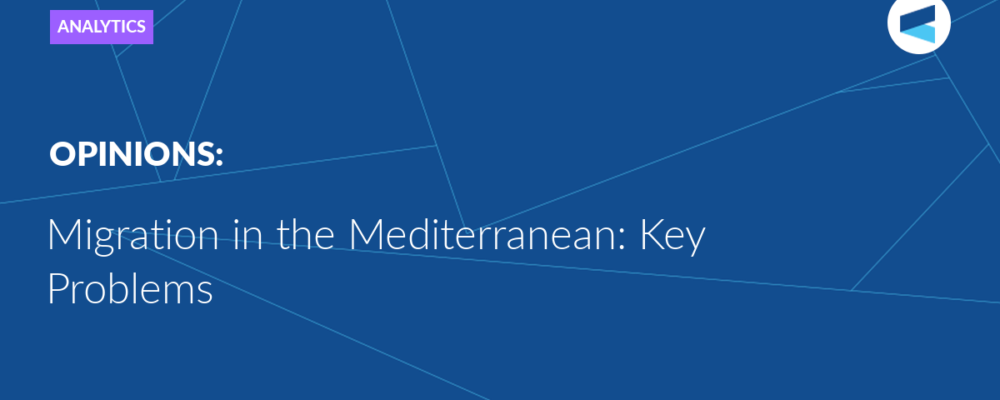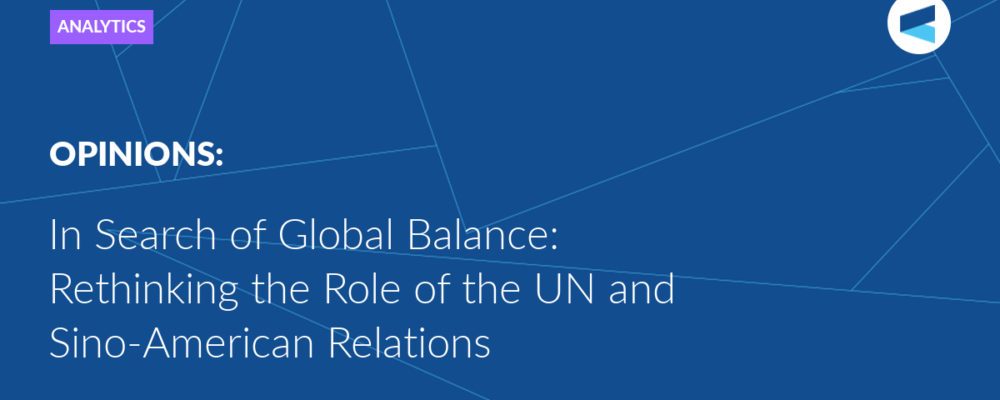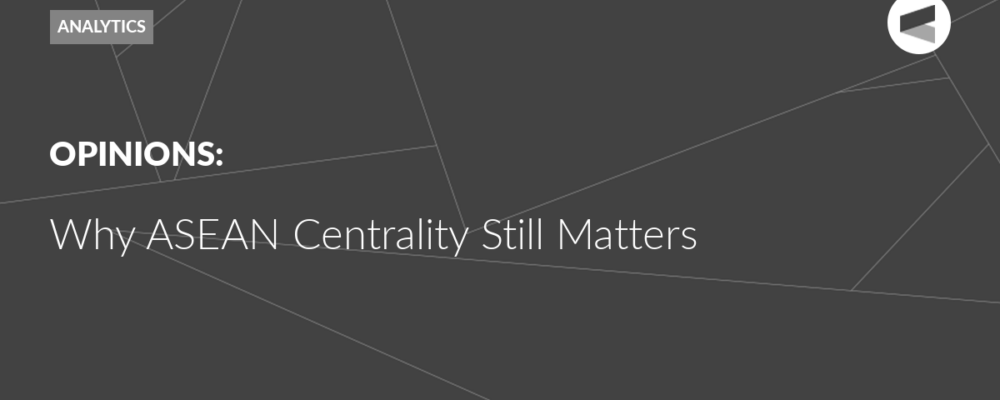The desire to win the AI race on the global stage as well as lobbying by tech investors and developers will push legislators to create conditions favourable to the development of innovation, while maintaining control over the big players. Antitrust legislation on AI in both the US and other countries should be monitored, as it will affect the global balance of power in the tech race, writes Anna Sytnik. The author is a participant of the Valdai – New Generation project.
SInce the mid-19th century, Great Britain was the first country in the world to actively develop the automobile industry, which frightened the British public and led to the adoption of the “Red Flag Law”. A specially trained person had to walk in front of the car on the road, waving a red flag and warning of danger. Quite naturally, this led to the fact that another country, in this case Germany, quickly pulled ahead in the auto market, showing a more progressive approach to the emergence of the new technology.
Today, a similar situation is happening with the rapid development of artificial intelligence (AI). However, the present global competition is much more serious. If a car engine is just a technology that affects our mode of travel, then AI is an all-pervasive technology that changes life entirely. Therefore, lagging behind in the new technological race may prove critical in terms of further world political processes, which raises the stakes for both tech giants and the political establishment.
There are debates in global and national structures about the need to regulate the activities of technology companies. The problem is that in the current race in the field of large language models, excessive regulation of the activities of companies engaged in advanced developments may lead to the country lagging behind technologically on the world stage. At the same time, ill-considered steps to implement AI could put the state in an equally vulnerable situation both in terms of international security and in terms of monopolisation of the domestic market by the largest tech giants. This dilemma is reflected in the confrontation between two approaches – effective altruism and effective accelerationism in AI. Similar to the British Red Flag Act of 1865, a country that overregulates advanced development risks handing over the “palm of victory” to its strategic adversary. Only, while in the 19th century Britain lost out to Germany in the auto market, in the 21st century the “worst nightmare” of the United States, the country where the largest AI companies are located, is the possible leadership of the People’s Republic of China. In this regard, the ongoing process of developing a regulatory mechanism for AI in the United States is particularly interesting, since it can both weaken the position of American technology companies in world politics (which still have enormous influence) and become a model for the application of similar restrictive measures in other countries that are oriented towards the United States.
The Problem with the Antitrust Regulation of AI
AI is an end-to-end technology where data, computing power, and algorithms play a major role. From the point of view of regulators, today’s AI systems are mostly “black boxes”. Not only do not all legislators understand how complex large models work, not all developers understand them. In addition to their closed nature, AI differs from other, more traditional areas in the speed of development and network effect. Legislation does not have time to adapt, which is effectively used by technology companies, and the rapid increase in the number of users of AI services increases the dominance of large players, in whose hands the main digital resources are already concentrated. The lack of adequate regulation of AI can have negative socio-economic and political consequences: the gap between tech giants and the rest of the economy will widen in the world, and their global political influence will only increase. These challenges require the development of new methods of antitrust regulation that take into account the specifics of large models, as well as international cooperation to create common standards and rules.
However, it is too early to talk about universal rules for the antitrust regulation of AI. Major international organisations are still busy discussing topics such as AI ethics, potential risks to security and human rights. Strategies for the antitrust regulation of AI are developed at the national and regional levels and vary depending on the legal framework. The European Union, in its AI Act, has put forward the strictest requirements for transparency and accountability for AI developers in order to prevent the creation of monopolies. China controls its AI sector, focusing on regulating the abuse of data collection and its use for training AI. Other BRICS countries, among which Russia takes the most active position, are developing a legal framework for regulating AI, seeking to pay attention to security issues without compromising the development of innovation. The United States, on the other hand, focuses on practices of abuse of position in the AI market, but its desire to maintain global leadership in the technology race prevents the adoption of adequate antitrust legislation.
The Valdai Discussion Club was established in 2004. It is named after Lake Valdai, which is located close to Veliky Novgorod, where the Club’s first meeting took place.
Please visit the firm link to site






